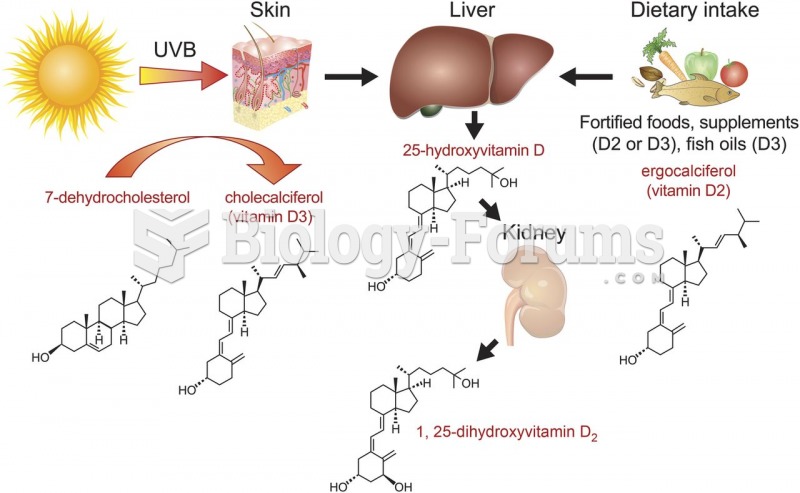|
|
|
Though newer “smart” infusion pumps are increasingly becoming more sophisticated, they cannot prevent all programming and administration errors. Health care professionals that use smart infusion pumps must still practice the rights of medication administration and have other professionals double-check all high-risk infusions.
Approximately 25% of all reported medication errors result from some kind of name confusion.
The immune system needs 9.5 hours of sleep in total darkness to recharge completely.
Of the estimated 2 million heroin users in the United States, 600,000–800,000 are considered hardcore addicts. Heroin addiction is considered to be one of the hardest addictions to recover from.
Drying your hands with a paper towel will reduce the bacterial count on your hands by 45–60%.







